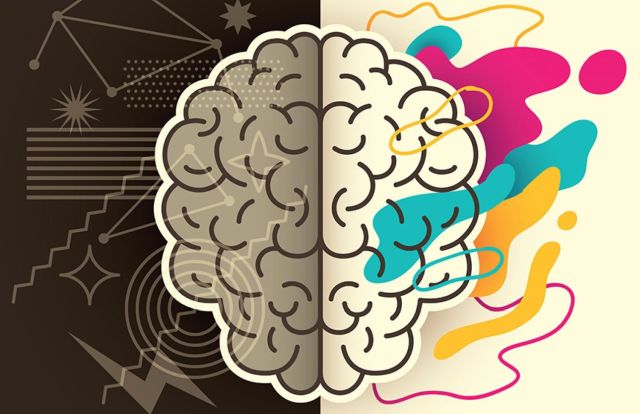Psychology is defined as the study of the human mind and behavior. With more focus being put on mental health and self-care interest in this field only continues to expand. Psychology is a diverse field fielding into many branches, whether this is clinical, cognitive, or in this case educational.
WHAT IS EDUCATIONAL PSYCHOLOGY?
As is obvious, educational psychology combines the very two things present in the name, education, and psychology. Educational psychology focuses on the study of how people learn. This ranges from teaching methods, processes, and also how individuals retain information.
WHY IS IT IMPORTANT?
Psychology is a relatively new science as the human mind is a complex thing. However, as time progresses as much importance is being laid on mental health as physical health. Educational psychology helps differentiate the fact that each student has a unique learning style and what may work for one person may not work for another. This helps them improve student motivation, and learning, and helps create important engagement between the students and a teacher. Students are more likely to have healthier and more meaningful learning experiences where they can retain the information better instead of cramming it.
PRACTICAL APPLICATION
When you think about educational psychology, its practical application may only seem relevant in schools. However, this is not true and it’s use is anywhere humans are engaged in learning, teaching, or understanding. The topics or subjects for educational psychology are diverse and can include educational technology, instructional design, special education, curriculum development, organizational learning, and gifted learners to name a few.
TYPES OF EDUCATIONAL PSYCHOLOGY
As stated before educational psychology is a diverse field and also research and expansion in this field have been fairly recent mostly taking place around the last 150 years. However, this being said educational psychology does have four main types; these being behaviorism, cognitivism, constructivism, and experientialism.
BEHAVIOURISM
This is the theory that all behaviors are acquired based on environmental stimuli otherwise also known as conditioning. ‘Positive stimuli’ such as giving out rewards for positive behaviors. This in turn creates a positive relation in the individual’s mind between the behavior and the reward. The same is true for negative stimuli’, such as punishments being given out for unwanted behavior. As a result, because their mind now associates these behaviors with punishment it works as a form of discouragement. Teachers incorporate behaviorism by giving feedback to students on their work. Based on whatever feedback they are being given, students are being conditioned to learn the material
COGNITIVISM
Developed in a response to behaviorism, cognitivism combines the process of thinking with stimuli. The main point of cognitivism is that it explores and observes the mind as it processes information. Transfer of information in the most efficient way possible and the belief that the brain is the most vital ingredient in the recipe for how an individual behaves or thinks are theories of cognitivism. Cognitivism is incorporated into education to help students learn new skills by redefining what they already know with additional information. Other than these asking questions to help the students figure out their mistakes by themselves is another example of the same theory.
CONSTRUCTIVISM
Constructivism is the theory that instead of actively processing or taking in information instead learners either construct new ideas or build on the knowledge they already possess. This theory suggests that learners interpret knowledge through new experiences and reflections of those experiences. The theory of constructivism is divided into two parts, the first being assimilation in which an individual processes new information and fits it into what they already know. And the second being accommodation in which the individual uses this new information to revise and redefine what they already know. This is often used in educational environments in which the teacher makes the student challenge their own and other people’s already existing notions or thoughts.
EXPERIENTIALISM
Experientialism is a theory that has close ties with constructivism and cognitivism. However, the main idea this theory represents is that individuals will learn after going through their own experiences. Otherwise also known as the simple act of learning through trial and error. It allows students to have a personal connection or meaning with the teaching as they are more likely to retain the experience, it automatically allows them to retain the information they learned through it. Experiential is applied by students by allowing student engagement and involvement through the process of taking part in said activity.
Are you wondering which field is suitable for you? Take an Aptitude Test and seek Career Counselling to find out.













